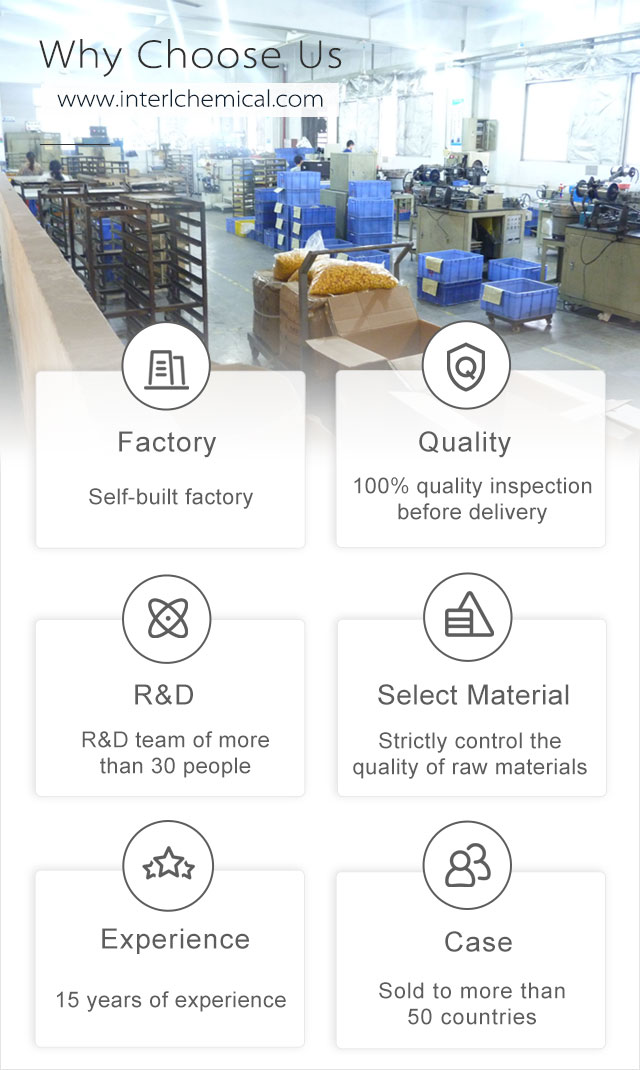





Related Attributes
Product details
Rhodiola Rosea (also known as Arctic Root, Golden Root) is a member of the Sedum family, which is native to the Arctic Circle in Eastern Siberia. Rhodiola rosea is widely distributed in Europe and Asia. It is widely distributed in the polar circle and mountainous areas of Europe and Asia. It mostly grows above 11,000 to 18,000 feet above sea level. Rhodiola rosea extract is extracted from Rhodiola rosea, a plant of the Rhodiola family, and is refined, concentrated and dried. It is a natural extract that is refined, concentrated and dried. It is very soluble in water, soluble in methanol, soluble in ethanol, and insoluble in ether. It is stable to heat. Rhodiola rosea has been intensively studied in the USSR and Skandinavia for more than 35 years. It has been intensively studied in the Soviet Union and Skandinavia for more than 35 years. Similar to other plant adaptogens studied by Soviet scientists, Rhodiola rosea extracts led to beneficial changes in a variety of physiological functions in different areas. These include neurotransmitter levels, central nervous system activity and cardiovascular function.

Pharmacokinetics of Rhodiola Rosea:
Rhodiola Rosea contains mainly phenylpropanoids and flavonoids. Its unique active chemical components are phenylpropanoids, rosavin (the most active), rosin, rosarin, rhodiolin, rhodiola Rhodiola rosea and its glucosides, i.e., p-tyrosol. The main functions of Rhodiola rosea are to enhance immune function, reduce depression, and protect cardiovascular function. Protecting cardiovascular function, Rhodiola rosea has effective antioxidant capacity . By limiting the detrimental effects of free radical damage, it can effectively protect against diseases caused by aging and improve Like Siberian ginseng, rhodiola extract is often taken by athletes to enhance body function. It is also recognized as a natural substance with anti-cancer activity, and taking Rhodiola rosea extract shows potential as an anti-cancer drug and may be very effective when used in combination with several anti-tumor drugs.

Clinical Application of Rhodiola Rosea:
Rhodioloside is a compound extracted from the dried roots and rhizomes or dried whole herbs of Rhodiola Rosea, a plant of the family Rhodiola Roseae. Rhodioloside is a compound extracted from the dried roots and rhizomes of Rhodiola rosea, a large plant in the family Rhodiola Rosea, or from the dried whole herb. It is commonly used for the treatment of chronic diseases and patients who are weak and vulnerable to infections. It is used clinically to treat neurasthenia and neurosis, improve concentration and memory, plateau erythrocytosis, hypertension; as an excitatory nerve agent, it is used to improve intellectual ability, improve phyto-vascular tone, and improve the immune system. It is also used as a stimulant to improve intellectual ability, improve vegetative-vascular tone disorders, muscle weakness, etc.; it is used to treat disorders with increased free radicals, such as tumors, radiation damage, emphysema, cataracts in the elderly, etc. Rhodiola Rosea is also used in sports medicine and aerospace medicine for the health protection of workers in various special environmental conditions. Contact us for more.

Why choose us?

HRK Factory

About Shipping

Pharmaceutical Intermediate manufacturers
©2023 Xi'an Henrikang Biotech Co., Ltd.,